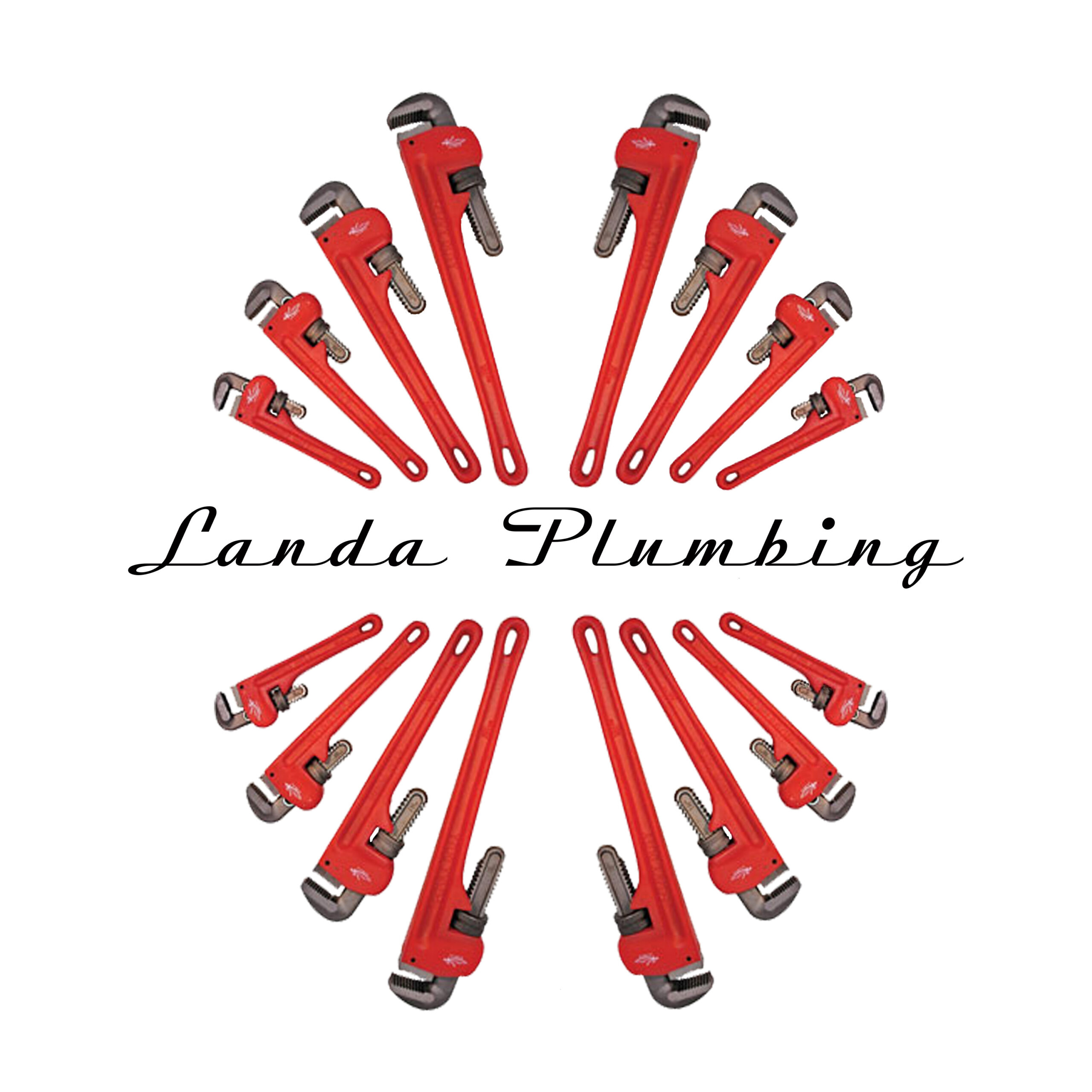Property owners know that there is an endless list of tasks to keep their premises in optimal condition. One vital yet frequently overlooked task is the maintenance of drainage pipes. Proper upkeep not only prevents inconvenient and costly issues but also ensures the durability and functionality of your property’s plumbing system.
Let’s dive deeper into the substantial benefits that regular maintenance of your drainage pipes can offer.
Understanding Drainage Pipes
Drainage pipes are an integral component of any residential, commercial, or industrial building’s plumbing system. They are conduits that channel wastewater and stormwater away from your property to appropriate disposal points such as a septic tank, a public sewer system, or drainage ditches.
Purpose and Functionality of Drainage Pipes
Let us delve into the pivotal roles that these pipes play and why they are indispensable:
Channeling Wastewater
In households, these pipes carry away water from showers, sinks, washing machines, and toilets. In essence, they keep our environments hygienic by transporting sewage and gray water safely out of our homes.
Managing Stormwater
In outdoor settings, drainage pipes help in managing stormwater, directing it away from properties to prevent flooding and water damage during heavy rainfalls. They may lead to street gutters, stormwater ponds, or directly to larger water bodies.
Preventing Water Accumulation
By efficiently channeling water away, these systems prevent the accumulation of stagnant water, which can be a breeding ground for mosquitoes and other pests. It, therefore, safeguards us against diseases and other health issues related to water logging.
Protecting Structures
Drainage pipes protect the structural integrity of buildings by preventing water seepages and dampness, which can weaken structures over time. By preventing water accumulation, they avert the risks associated with the weakening of foundations.
Preserving Landscapes
A proper drainage system is vital in preserving the beauty of landscapes. It prevents soil erosion and protects plants from over-saturation, which can lead to root rot and other plant diseases.
Materials and Types
Drainage pipes are made from various materials including:
- PVC – Lightweight and easy to install, it is a popular choice for residential drainage systems.
- Cast Iron – Durable and with good noise reduction properties, it is often used in commercial buildings.
- Copper – Although expensive, they are resistant to corrosion and have a long lifespan.
- Clay – Often used in public sewer systems due to its durability and longevity.
They come in different shapes and sizes, to cater to different needs and the nature of the wastewater being transported, including circular, elliptical, and pipe-arch profiles.
Maintenance
Maintaining drainage pipes involves regular inspections to detect any blockages, cleaning to remove any build-ups, and repairing any damages timely to ensure the system works efficiently.
Why is Drainage Maintenance Essential?
Health and Hygiene
Blocked drainage pipes can lead to a host of health complications, including the breeding of bacteria, viruses, and fungi such as mold and mildew. The damp and stagnant environment is a perfect ground for these organisms to thrive, potentially leading to respiratory issues, allergies, and other health problems. For example, mold spores can aggravate asthma symptoms and lead to skin irritation and even serious lung infections.
To maintain a high standard of hygiene in your home:
- Regularly clean your drains using natural cleaning agents like baking soda and vinegar to prevent the buildup of grime and debris.
- Inspect your pipes for any signs of leakage or blockage and address these issues promptly.
- Install strainers on all drains to catch hair, food particles, and other debris.
Preventing Odors
Blocked drains can emanate a variety of unpleasant odors, including musty smells produced by mold and mildew, or the rotten smell arising from decaying organic matter. These smells can permeate through your home, creating an unhygienic and uncomfortable living environment.
To prevent and eliminate these odors:
- Regular flushing of the drains with hot water can be a simple yet effective measure.
- Avoid disposing of food waste, oils, and grease down the drains as they can accumulate and cause foul smells.
- Utilize enzymatic drain cleaners that consume organic matter and eliminate odors naturally.
The Financial Aspect
Saving on Repairs
Minor plumbing issues, if neglected, can evolve into serious problems that demand hefty repair bills. A real-life scenario could be ignoring a seemingly insignificant slow drain, which later manifests into a complete blockage, requiring extensive and costly pipe replacement.
To avoid such situations:
- Conduct regular maintenance checks, including professional inspections to identify potential issues early on.
- Employ preventative measures such as installing gutter guards to prevent blockages from leaves and other debris.
Property Value
A home with well-maintained drainage systems unquestionably stands a notch higher in the real estate market. It not only signifies a well-cared-for property but also assures prospective buyers of fewer plumbing woes in the future.
To enhance property value:
- Maintain a log of all the maintenance and repairs conducted, showing a history of good upkeep.
- Upgrade to modern, more efficient plumbing systems that add value to your home.
Environmental Benefits
Conserving Water
According to the Environmental Protection Agency (EPA), the average household leaks can waste nearly 10,000 gallons of water annually. Properly maintained pipes can prevent these leaks, contributing to significant water conservation, which is not only beneficial for the environment but also reduces your water bills.
To foster community and environmental wellness:
- Fix leaky faucets and pipes promptly to prevent water wastage.
- Install water-efficient appliances that reduce water usage and help in conserving this precious resource.
Protecting Surroundings
Poor drainage maintenance can wreak havoc on your surroundings. For instance, leakages can lead to soil erosion, destabilizing foundations, and even drowning plants in your garden.
To safeguard your environment:
- Ensure that your drainage system is channeled correctly to prevent waterlogging and protect your landscape.
- Employ rain gardens and other eco-friendly solutions to manage stormwater effectively, enhancing the beauty and health of your surroundings while also helping the environment.
Each of these steps guides homeowners in maintaining a sound drainage system that is fundamental to a healthy, comfortable, and environmentally friendly living space. It’s an endeavor that promises substantial returns, fostering well-being and peace of mind.
Putting Knowledge into Action
Understanding the need for maintenance is one thing, and putting it into practice is another. Create a maintenance schedule that includes regular inspection of pipes, cleaning of drain gates, and timely repair of any damages. Consider seeking professional assistance for thorough check-ups to ensure the longevity and functionality of your drainage system.
In conclusion, maintaining your drainage pipes is not just a task but a necessary measure to secure your property’s health and value. It safeguards your home against potential damages, conserves the environment, and offers you a peaceful living experience.
Don’t wait for a crisis to strike. Make drainage maintenance a regular part of your property care routine. And when it comes to ensuring the best service, Landa Plumbing stands as a trusted partner in securing the health and functionality of your drainage system. Contact Landa Plumbing today and take a decisive step towards a safer, healthier, and happier home.

